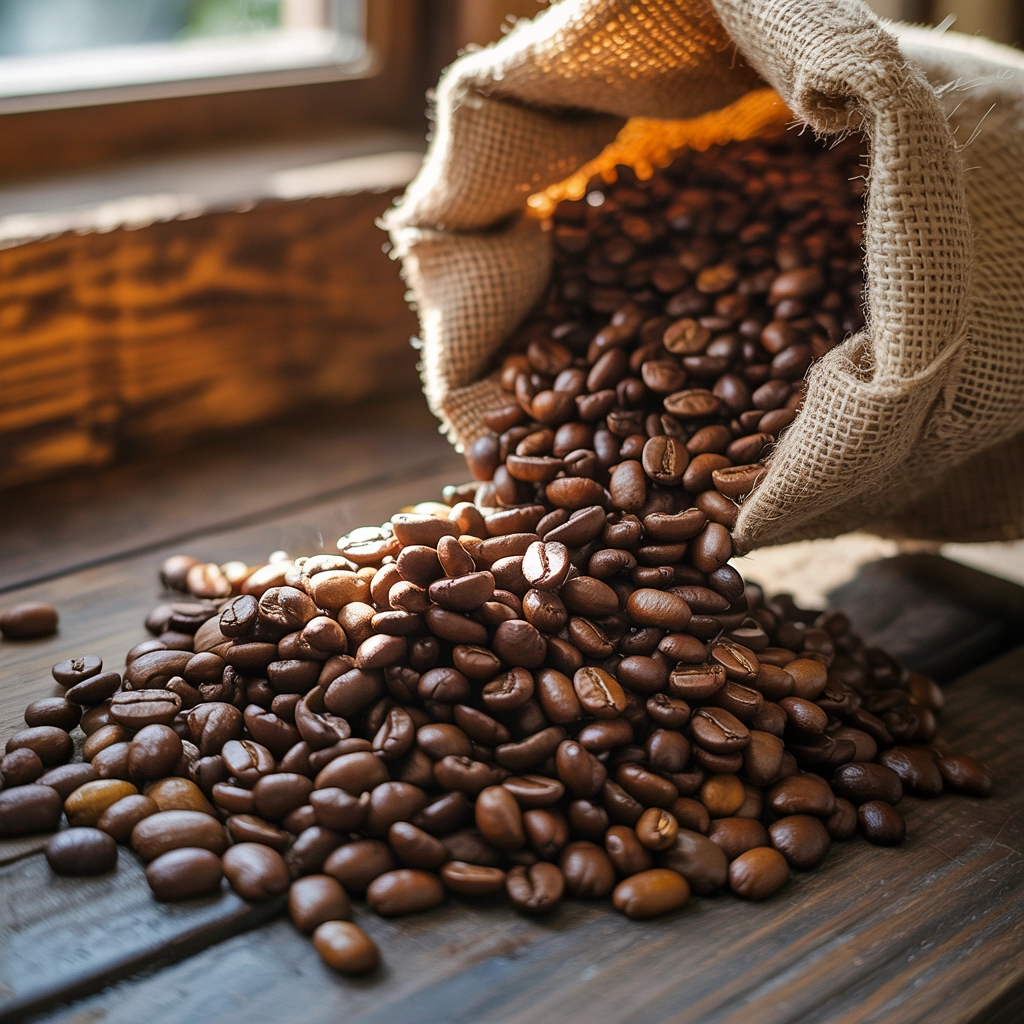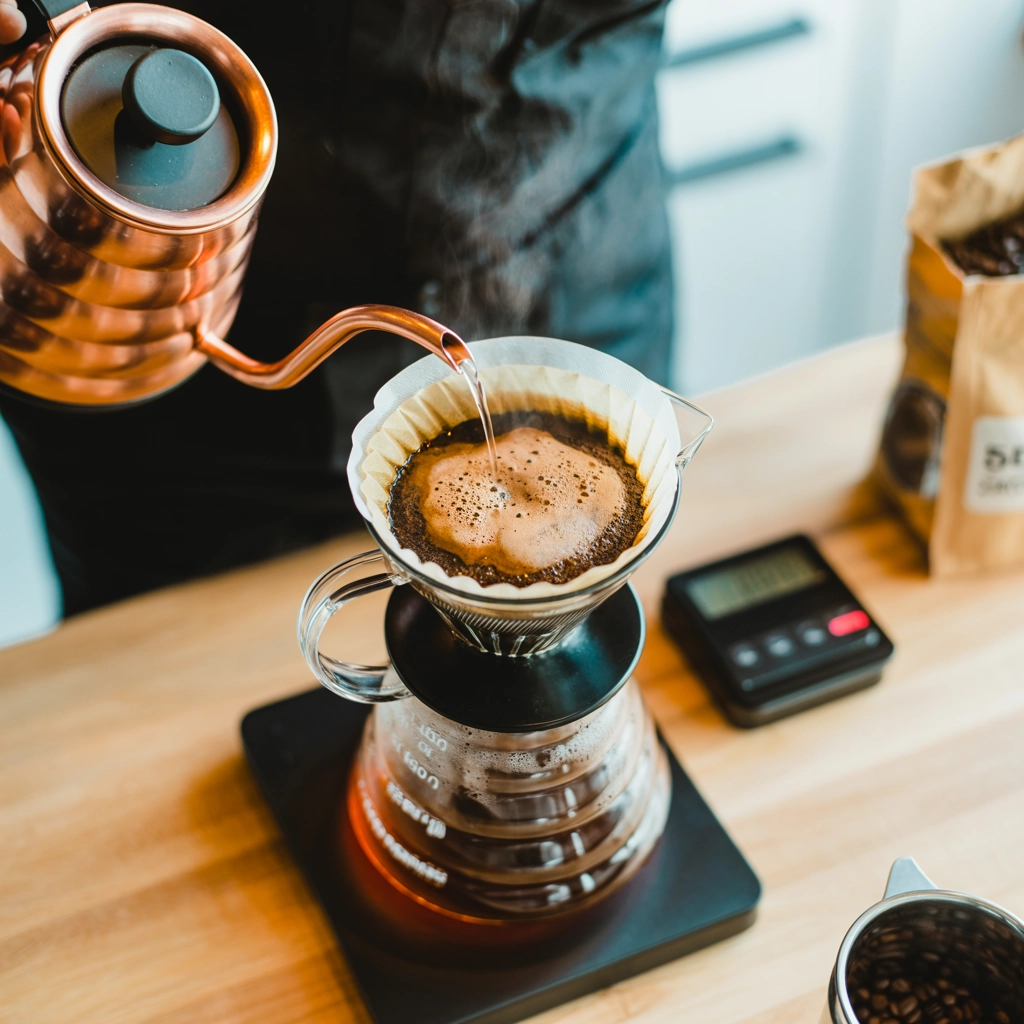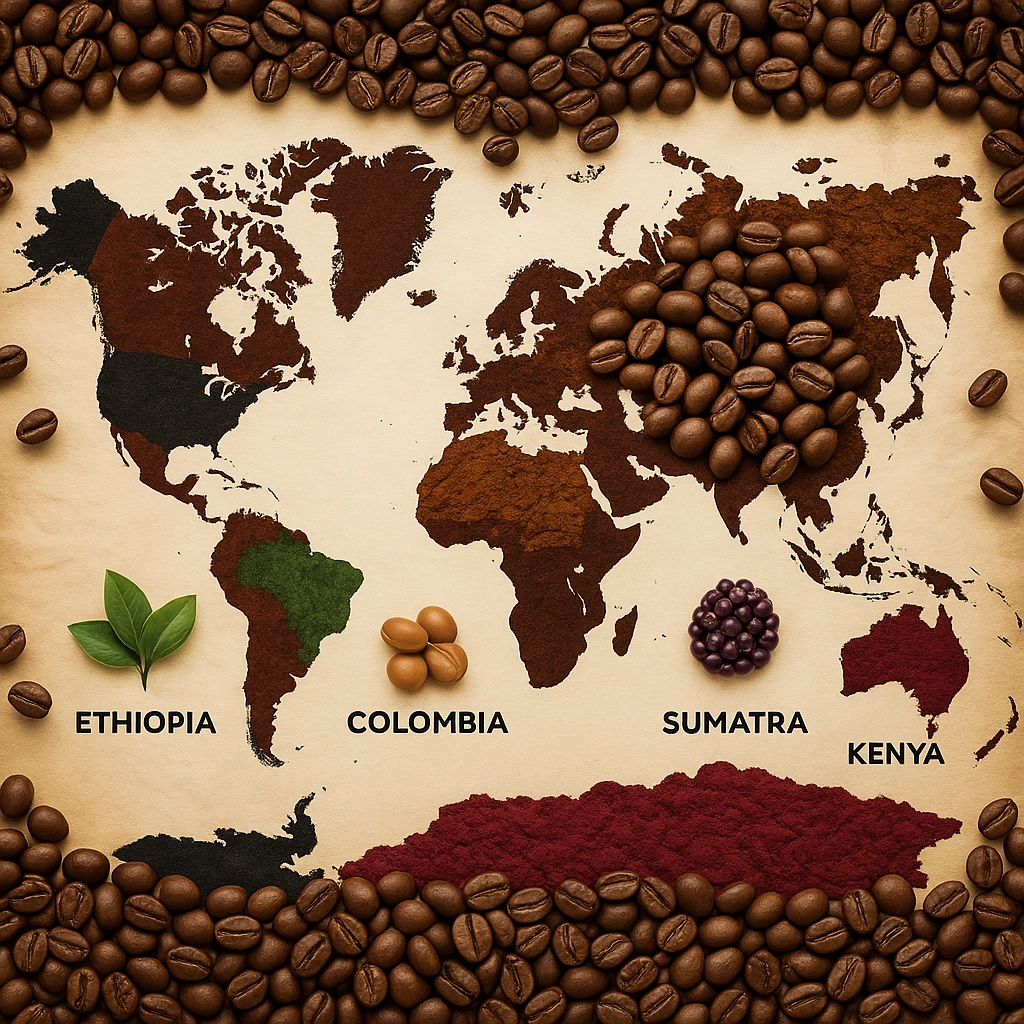How to Brew Better Coffee at Home: Pro Tips from Charleston's Artisanal Roaster

Ever wondered why coffee from your favorite café always tastes better than what you brew at home? The truth is, making exceptional coffee isn't just about expensive equipment—it's about understanding the fundamentals. At Carolina Coffee Works, we've spent years perfecting our craft, and today we're sharing our insider knowledge to help you elevate your home brewing game.
The Foundation: Starting with Quality Beans
Great coffee begins long before it reaches your cup. As a small-batch artisanal roaster in Charleston, we've learned that the single most important factor in brewing exceptional coffee is starting with high-quality beans.
Choose Specialty Grade Coffee
Not all coffee beans are created equal. Specialty grade coffee represents the top 5% of all coffee produced worldwide. These beans are:
- Harvested at optimal ripeness
- Virtually defect-free
- Grown at ideal altitudes and conditions
- Processed with exceptional care
When you brew with specialty grade beans like our single-origin selections, you're starting with a product that has inherently more complex flavors and aromatics. The difference is immediately noticeable—brighter acidity, more defined sweetness, and distinctive flavor notes that mass-produced coffee simply can't match.
Freshness Matters
Coffee is at its peak flavor within 2-4 weeks after roasting. Unlike wine, coffee doesn't improve with age. Look for roast dates (not "best by" dates) on packaging, and try to consume your coffee within this window. At Carolina Coffee Works, we roast in small batches to ensure you're getting the freshest beans possible.

Understanding Roast Profiles
Different roast levels highlight different characteristics in coffee. Here's a quick guide:
- Light Roasts: Higher acidity, brighter fruit notes, more complex flavors, higher caffeine content
- Medium Roasts: Balanced acidity and body, caramel sweetness, versatile for most brewing methods
- Dark Roasts: Bold, smoky, chocolatey flavors with lower acidity and caffeine
Our coffee blends showcase different roast profiles designed to highlight specific flavor characteristics. Experiment with different roasts to discover what suits your palate best.
The Art of Grinding
One of the most common mistakes home brewers make is overlooking the importance of proper grinding. Here's why it matters and how to get it right:
Invest in a Quality Grinder
Pre-ground coffee loses its aromatic compounds within minutes of grinding. A good burr grinder (rather than a blade grinder) produces consistent particle sizes, which is crucial for even extraction. This investment will immediately improve your coffee quality more than almost any other upgrade.
Match Grind Size to Brewing Method
Different brewing methods require different grind sizes for optimal extraction:
- French Press: Coarse grind (resembling sea salt)
- Pour-Over/Drip: Medium grind (resembling sand)
- Espresso: Fine grind (resembling table salt)
- Turkish Coffee: Extra fine grind (resembling powder)
Using the wrong grind size leads to either under-extraction (sour, weak coffee) or over-extraction (bitter, harsh coffee). When you dial in the right grind for your brewing method, you'll extract the perfect balance of flavors.
Mastering Pour-Over Brewing
At Carolina Coffee Works, we often recommend the pour-over method for home brewers looking to experience the full spectrum of flavors in our coffee. Here's our step-by-step guide:
Equipment You'll Need
- Pour-over dripper (V60, Chemex, or Kalita Wave)
- Appropriate filters
- Gooseneck kettle (for controlled pouring)
- Scale (for measuring coffee and water)
- Timer
- Medium-grind coffee
- OR one of these https://amzn.to/444GfgE
The Pour-Over Process
- Heat water to 195-205°F (90-96°C), just off the boil
- Measure coffee using a 1:16 ratio (e.g., 22g coffee to 350g water)
- Pre-wet the filter to remove paper taste and warm your vessel
- Add ground coffee and create a small divot in the center
- Bloom the coffee: Pour twice the weight of coffee in water (e.g., 44g for 22g coffee) and wait 30 seconds
- Continue pouring in slow, concentric circles, maintaining the water level
- Total brew time should be 2:30-3:30 minutes
The pour-over method highlights the nuanced flavor notes in our Ethiopian coffee and other single-origin offerings.

Water Quality and Temperature
The Importance of Good Water
Coffee is 98% water, so the quality of your water significantly impacts flavor. Use filtered water with a balanced mineral content—distilled water produces flat-tasting coffee, while hard water can create bitter flavors and build up scale in your equipment.
Temperature Control
Water temperature affects extraction rate:
- Too hot (above 205°F): Can lead to over-extraction and bitterness
- Too cool (below 195°F): Results in under-extraction and sour, weak coffee
For most brewing methods, the ideal water temperature is 195-205°F (90-96°C). If you don't have a temperature-controlled kettle, bring water to a boil and let it sit for about 30 seconds before brewing.
Timing and Ratio
The Golden Ratio
The standard coffee-to-water ratio is 1:16 (1 gram of coffee to 16 grams of water). This provides a balanced extraction, but you can adjust to your taste:
- For stronger coffee: Try 1:15 or even 1:14
- For lighter coffee: Try 1:17 or 1:18
Measuring by weight rather than volume ensures consistency in your brewing.
Extraction Time
Different brewing methods have different optimal extraction times:
- Pour-Over: 2:30-3:30 minutes
- French Press: 4 minutes
- Espresso: 25-30 seconds
- AeroPress: 1-2 minutes
Consistently timing your brews helps you make adjustments and replicate successful cups.
Beyond the Basics: Advanced Techniques
Once you've mastered the fundamentals, try these advanced techniques to further elevate your coffee:
Dialing In Your Brew
Keep a coffee journal to track variables like grind size, water temperature, and brew time. Small adjustments can significantly impact flavor. When you find your perfect cup, you'll know exactly how to replicate it.
Understanding Your Coffee's Origin
Different coffee-growing regions produce beans with distinctive flavor profiles:
- Ethiopian beans (like our Ethiopian offerings): Floral, fruity with berry notes
- Colombian beans: Balanced with caramel sweetness
- Sumatran beans: Earthy, spicy, full-bodied
- Kenyan beans: Bright, wine-like acidity with blackcurrant notes
Learning about your coffee's origin helps you anticipate its flavor characteristics and choose the best brewing method to highlight them.

Sustainability in Home Brewing
At Carolina Coffee Works, sustainability is central to our philosophy. You can extend this commitment to your home brewing routine by following these eco-friendly coffee habits:
- Compost your coffee grounds (they make excellent fertilizer)
- Choose reusable filters when possible
- Buy beans from roasters who practice ethical sourcing
- Use a manual brewing method to reduce energy consumption
Common Troubleshooting
Even experienced home brewers encounter issues. Here are solutions to common problems:
Coffee Tastes Sour or Weak
- Grind size may be too coarse
- Water temperature may be too low
- Brew time may be too short
- Coffee-to-water ratio may need adjustment
Coffee Tastes Bitter or Harsh
- Grind size may be too fine
- Water temperature may be too high
- Brew time may be too long
- Coffee may be over-roasted for your preference
Coffee Lacks Aroma or Flavor
- Beans may not be fresh
- Storage may be improper (store in an airtight container away from light, heat, and moisture)
- Water quality may be poor
- Equipment may need cleaning
Our Final Advice
Great coffee at home is achievable without barista training or professional equipment. Start with quality beans like our artisanal roasts, focus on the fundamentals of grinding and brewing, and make incremental improvements to your process.
Remember that brewing great coffee is both an art and a science—there's always room for experimentation and personal preference. The "best" cup of coffee is ultimately the one that tastes best to you.
For more coffee wisdom, brewing guides, and to explore our selection of small-batch, artisanally roasted coffees, visit Carolina Coffee Works or check out our other helpful coffee guides.
Happy brewing!

